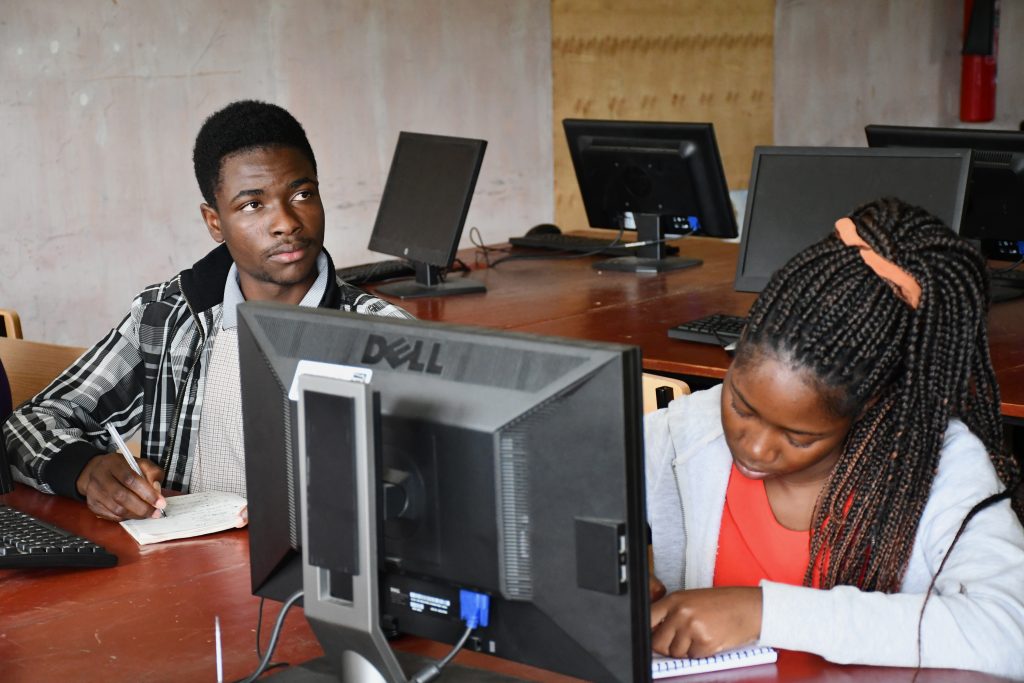BSc Information & Communication Technology (Generic)
Background
This programme offers students a rich learning experience that blends theoretical, practical and industrial skills. Its structure and delivery methods equip students with analytical and problem solving skills in the fields of Networking, Programming, Databases, Software Development and Algorithms.
In addition, students obtain advanced skills in Multimedia Technologies, Computer Security and Mobile Applications Development. Career options to graduates include; Software Developers, Systems Analysts, Database Managers, IT Managers, Researchers in Computing and several other computing careers.
As a requirement towards partial fulfilment for the award of the degree, the students will complete a research project to demonstrate the application of knowledge and skills acquired throughout the tuition. In addition to the research project, the students will undergo an assessed industrial attachment. The attachment exposes the students to real work environment. Furthermore, all students will complete a mini project during the third and fourth year as a requirement. It is a four-year face-to-face multiple entry and multiple exit programme. The generic students enter the programme at Year 1 (Level 1).
Entry Requirements
This programme admits generic students with a Malawi School Certificate of Education (MSCE) or its equivalent obtained in not more than two sittings with at least Six (6) credits including English, Mathematics/Additional Mathematics, Biology, Physical Science/General Science/(Physics and Chemistry) and any two science related subjects.

Curriculum Framework
First Year
- End User Computing
- Introduction to Programming in C
- Computer and Communication Technology
- Communication Skills I
- Pre-calculus
- Calculus
- Communication Skills II
- PC Management and Maintenance
- Computer Architecture and Organisation
- Multimedia
Sample Text
Second Year
- Introduction to Statistical Analysis
- Operating Systems
- Computer Networks I
- Web Design
- Programming in Java
- Multivariate Calculus
- Databases
- Human-Computer Interaction
- Systems Analysis and Design
- Mobile Application Development
Third Year
- Computer Networks II
- Research Methods
- Algorithms and Data Structures with Java
- Mobile Telecommunications
- Web Programming
- Object Oriented Analysis and Design
- Object Oriented Programming (C++)
- Distributed Systems
- Project Management
- Group Projects
Fourth Year
- Software Engineering
- Modelling and Simulation
- Network Admin and Information Security
- Entrepreneurship
- Information Systems Audit
- Artificial Intelligence
- Electronic Commerce
- Business Management
- Systems Project
- Industrial Attachment
